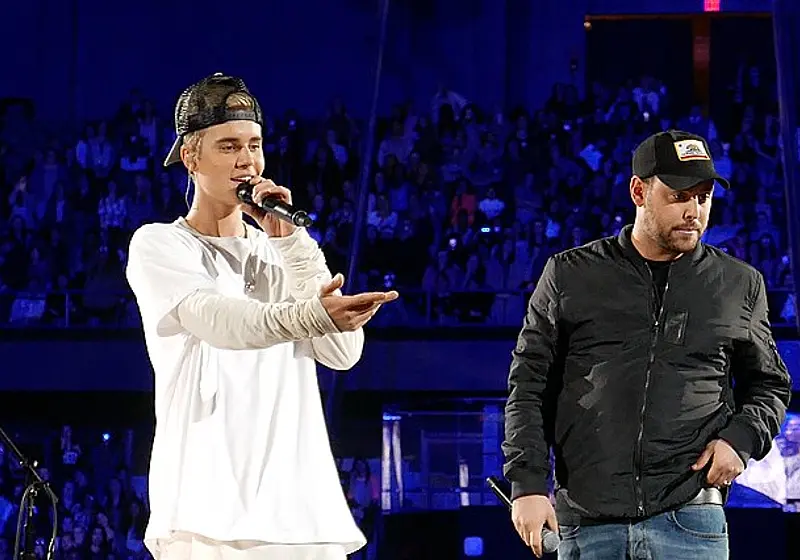There are thousands of posts shared on social media every second of every day, the vast majority about social justice, but how many of those posts have led to actual change? Word-of-mouth activism, leaflets, and television were the tools employed by old-school activism, which took ages to create and circulate, but with social media, one post can be seen by millions, speeding up the pace of activism.
Social media coverage has gained tremendous followings in movements like #BlackLivesMatter and #FridaysForFuture. While helpful for organizing people, it has also led to so-called performative activism, when people post that they stand with a movement without taking action. Activism today is dependent on the idea of virality, thus lesser essential but less trending causes are lost in the cracks.
Let us slide into your dms 🥰
Get notified of top trending articles like this one every week! (we won't spam you)Accessibility of Social Media Activism
In contrast to traditional activism, which usually requires one's physical presence, money, or networks, social media activism can be utilized by nearly anybody who has an internet connection. This provides an opportunity for marginalized populations to express themselves, mobilize, and connect with other like-minded people in a way that previously was very challenging to do. Social media allows historically silenced or unheard communities to access global support and a platform to share information on a much larger scale.
A perfect example of this is Indigenous activism; social media was an extremely important medium in such a movement as #NoDAPL (No Dakota Access Pipeline), a grassroots and social media-driven movement to prevent the construction of the Dakota Access Pipeline, which would have impacted the water source and holy lands of the Standing Rock Sioux tribe.
Take the Quiz: Which Boy K-Pop Band Do You Belong To?
Take this quiz to find out which Korean boy band you would fit into!
From Screen to Real-Life Change
One of the most compelling arguments regarding social media activism is that it does not only happen online; it can translate into real-world effects. Most successful movements that began online have resulted in policy reform, large-scale protests, and financial support for causes.
The ALS Ice Bucket Challenge, which started in 2014, was a viral social media challenge where a person poured ice water on their head or someone else's head to create awareness about amyotrophic lateral sclerosis and fundraise for research, which raised $220 million for ALS research, directly leading to the discovery of a new ALS-linked gene.

Image Credit: Major Tom Agency from Unsplash
Holding the Powerful Accountable
Social media activism has made it incredibly difficult for power-holders to conceal their wrongdoings. Before we had smartphones and social media, injustice could be framed or covered by the media. Now, journalism can expose misconduct in real time.
It was 2020 when a bystander's video of George Floyd being pinned down, leading to his death, went viral, triggering mass protests demanding justice and leading to a police reform debate in the U.S. focused on addressing issues such as excessive use of force, racial bias, and accountability, which suggested reforms ranging from prohibiting chokeholds to redirecting policing funds to community services.

Image Credit: mana5280 from Unsplash
The Cons
Despite the power of social media, it also has its drawbacks. Critics argue that most people engage in slacktivism, or rather, practice performative activism, which involves liking, sharing, or reposting but doing nothing about it. Social media has also generated a surge of misinformation; social media's algorithms ensure that you're only shown what's relevant to what you already believe. This creates echo chambers, where opposing viewpoints that are arguing for causes you may not personally support seem combative or even malevolent.
While social media has provided us with the ability to hold the powerful accountable for racism or corruption, it has also created a mob mentality, where people get canceled or receive intense backlash for past tweets, jokes, or opinions taken out of context. This complicates people redeeming themselves because even after they apologize, they still receive criticism. Sometimes we are so caught up in holding people accountable for the wrong reasons, that the real people we should be worried about are still thriving.
What is accountability if you make them all accountable to the same extent? A classic example of slacktivism is #BlackOutTuesday, where millions went on Instagram to share black squares as a symbol of support for BLM, but the movement was criticized by activists for censoring important information and not leading to real change. This can be easily corrected by fact-checking information before sharing it and taking action through donating and protesting.

Image Credit: Brett Jordan from Unsplash
Social Media Is A Tool, Not A Solution
Yes, social media is a great tool for activism, but not a solution or replacement for real action. Social media can be used to raise voices, raise awareness, and mobilize people, but change will not be experienced if nobody acts beyond the screen. If we stopped focusing so much on putting up a post about wanting to make a change and doing something to make that change happen, we would notice how much hard work pays off.














